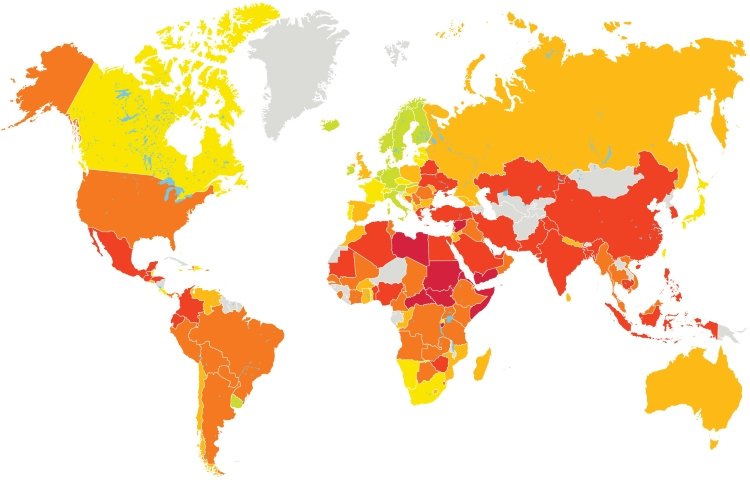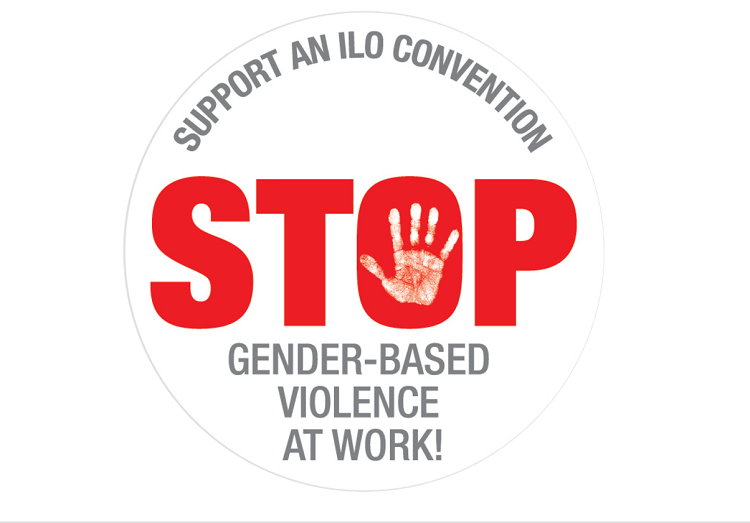The evolution of the economic crisis was in the centre of the debate. The meeting in particular focused on the austerity measures many governments are now undertaking, by cutting wages, decreasing benefits or laying of the employees in the public sector. The recent strikes and protests in Greece might be the most visible example of trade unions acting against such policies that make workers and citizens paying of the bill for financial speculations business and government had been engaged in. In Portugal, Turkey, Italy, Spain and other countries mass protest are also taking place. In the Eastern countries the devastating impact of the crisis on employment is also accompanied by the growing pressure on workers and trade union rights, particularly in Russia, in Belarus, in Bosnia and Herzegovina, in Ukraine. Specific attention was devoted to the role of the International Financial Institutions, first of all, the International Monetary Fund, which provided loans to several countries of the region. The meeting noted that there is a significant shift in the IMF approach to unions as this organisation is trying to involve the organisations of workers in discussion about the economic measures the countries - beneficiaries of the loans - have to design.
The EU Commissioner for Enlargement and European Neighbourhood Policies Stefan Fule delivered a presentation on the Eastern Partnership of the EU and the opportunities linked to it, particularly, for the social partners and other civil society organisations through the Civil Society Forum, also indicating importance of proactive approach of the union organisations from the six countries regarding the Eastern Partnership processes.
The meeting has also discussed different options for working with the Council of Europe and the secretariat of the European Social Charter and agreed to streamline the work through the ETUC arrangements. The European Training Foundation representative informed the audience about different programmes run by the ETF and the importance to review and to strengthen the vocational education systems in the countries, particularly in the times of crisis, the process, which the social partners have to contribute to.
The report of the PERC activities in the previous year and the plan for the next one was discussed. All the PERC structures were emplaced and many different areas for strengthening capacities of the member organisations were launched. The topical event for the PERC this year will be the Summer School in Viene, which will have to assess the 20 years of trade union development in transition and to brainstrom the further development strategies in the region.



